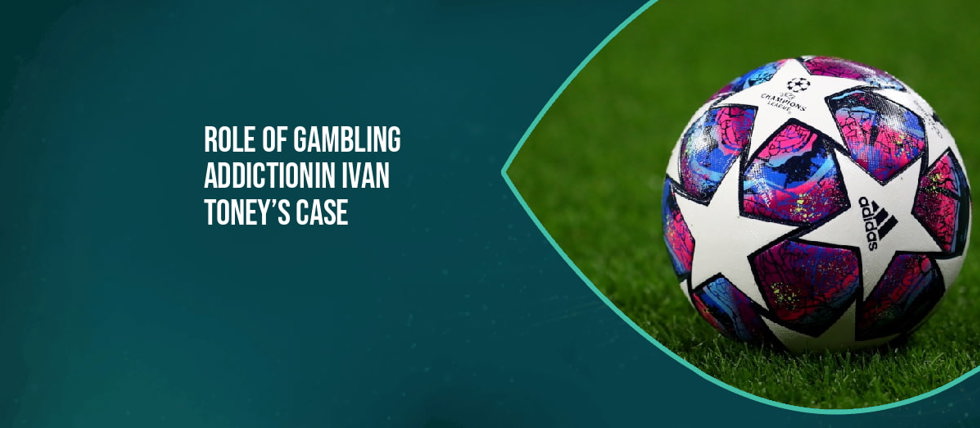Role of Gambling Addiction in Ivan Toney's High-Profile Soccer Betting Case

The case of prominent soccer player Ivan Toney has been swirling around with a lot of speculation about his fate. Charged with 232 counts of breaching soccer betting rules in England, Toney has finally received a penalty that will see him suspended from the game until mid-next year and pay a hefty fine of $62,000.
However, Toney's gambling addiction has emerged as a mitigating factor in this high-profile case. It was revealed that Toney had bet against his own team on 13 occasions and engaged in hundreds of other instances of betting. While this might initially seem like an open-and-shut case of someone using insider knowledge for personal gain, it is crucial to understand the underlying factors involved.
Dr. Philip Hopley, a qualified specialist, testified that Toney is battling a gambling addiction. This addiction has significantly influenced Toney's actions and decision-making process. Additionally, Toney himself admitted his guilt, further highlighting his willingness to acknowledge his mistakes. Taking these factors into account, Hopley recommended a reduction in the length of Toney's ban from 11 months to 8 months, allowing him to return to training with his team next year if he still has one.
Initially, the suspension was expected to last around 15 months. However, the revelation of Toney's addiction shed light on his ongoing struggle and prompted a reconsideration by the ruling authorities. While Toney has stopped gambling on football, it is important to note that he still engages in gambling on other sports and casino games. Nevertheless, he has expressed his determination to address his gambling problem through therapy after the conclusion of this season.
The ruling in Toney's case is not only a significant win for him but also sets a positive precedent for how gambling addiction should be considered in similar situations. In a sports world riddled with potential scandals, it is crucial for investigators to take into account a perpetrator's mental state and potential addictive tendencies as mitigating factors. This consideration humanizes the individual and recognizes that addiction can contribute to their actions.
However, it is essential to note that Toney is not entirely innocent in this matter. He initially lied to the FA, denying his involvement in soccer betting, which was later exposed during the investigation. Moreover, he attempted to conceal the full extent of his gambling activities by using other people's accounts. While the case has now been settled, it serves as a precedent highlighting the importance of recognizing and addressing gambling addiction among athletes.
How Will This Affect Future Decisions?
The outcome of Ivan Toney's case emphasizes the need for a balanced approach when dealing with athletes who are struggling with addiction. By considering mental health factors and the underlying issues that contribute to their actions, authorities can encourage rehabilitation and growth instead of merely focusing on punitive measures. It is a step towards a more compassionate and supportive approach within the sports industry.
More Responsible Gambling News
 Responsible Gambling
Responsible Gambling
AGCO Updates iGaming Standards Ahead of Centralized Self-Exclusion Launch
Dec 19, 2025 Responsible Gambling
Responsible Gambling
MGM Resorts Bolsters Responsible Gaming Workforce to 2,000 GameSense Advisors
Dec 17, 2025RELATED TOPICS: Responsible Gambling
Most Read
AGCO Updates iGaming Standards Ahead of Centralized Self-Exclusion Launch
Dec 19, 2025Must Read
 Interviews
Interviews
Exclusive Interview: Levon Nikoghosyan Shares AffPapa Winning Formula for Successful iGaming Events
Dec 03, 2025 Interviews
Interviews





Review this New Post
Leave a Comment
User Comments
Comments for Role of Gambling Addiction in Ivan Toney's High-Profile Soccer Betting Case